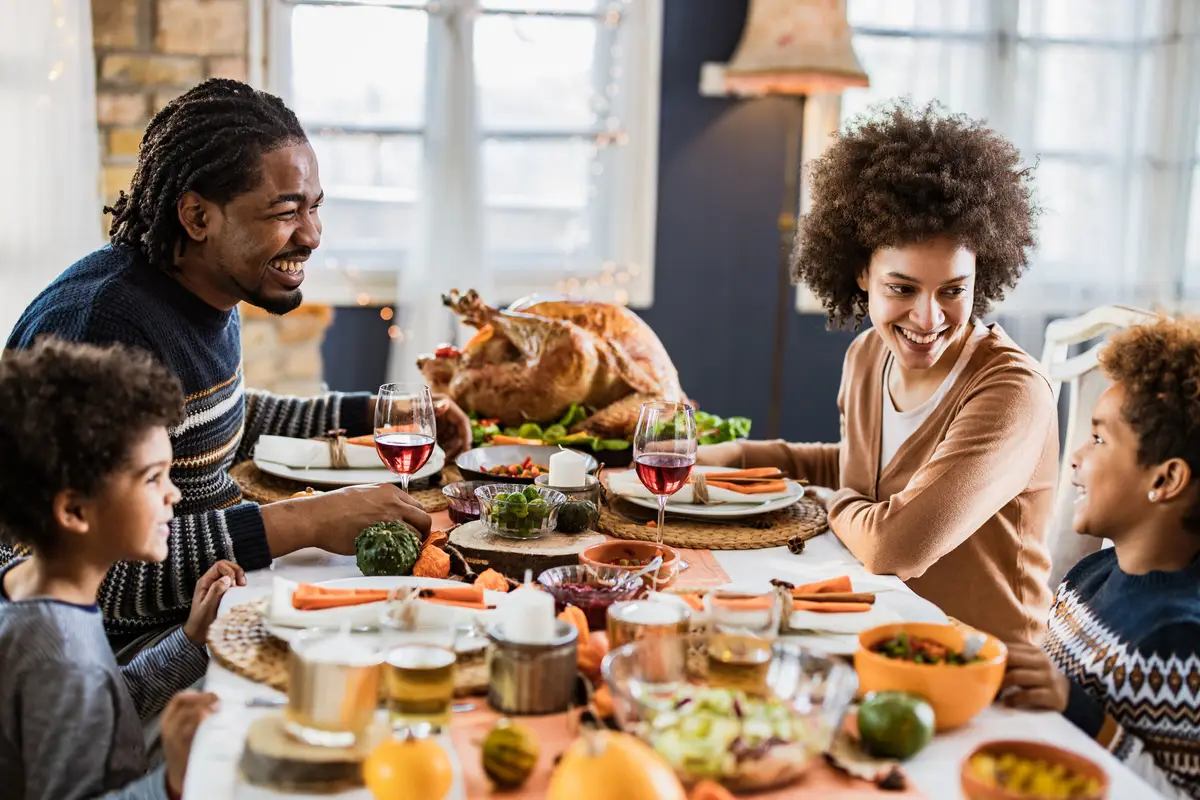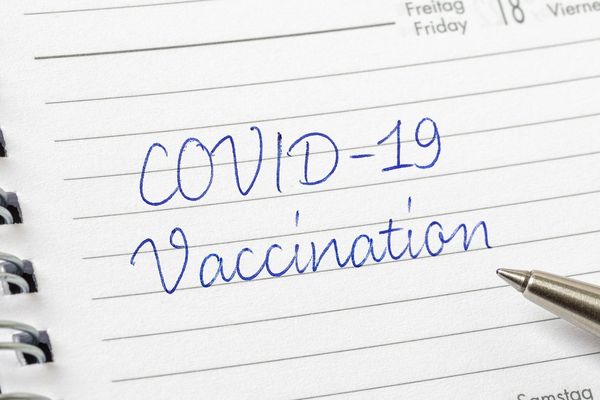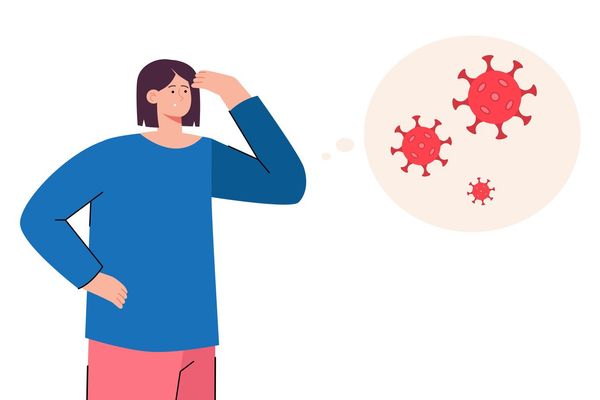Before COVID-19 cases started to rise over the summer, Leslie and her husband, David* were planning to visit his family on the West Coast for Thanksgiving. Now, with the United States experiencing a third wave of infections, they decided not to make the trip, even though it's been over a year since they've seen his parents.
"I think it's the right call, but it's just kind of heartbreaking," Leslie said from their home in upstate New York. "We want to think about the general good of society and the recommendation is to stay home. We want to follow that."
As we enter the holiday season, it's safe to say many families are grappling with how to celebrate during the pandemic.
"Acknowledging that the holidays this year will not be the same and working with that acceptance is a positive step," wrote Lisa Gardner, a Vermont-based therapist who helped start a group to connect essential workers to counseling services during the COVID-19 pandemic, in an email. "I want to encourage people to allow themselves to feel joy during this time, small or big."
Attending gatherings
When deciding whether to attend a celebration, people should first take into consideration their COVID-19 risk factors, which include age, preexisting conditions such as heart disease and asthma, and being immunocompromised, said Dr. Ravina Kullar, an infectious disease specialist and epidemiologist and spokesperson for the Infectious Diseases Society of America.
"If family are close by and you know that their COVID practices are strict (wearing face masks, physically distancing from those not in their household, avoiding mass gatherings), it is OK to celebrate Thanksgiving with them," Kullar wrote, noting that it's important to take into account the rate of community spread before deciding to host a gathering.
Kullar also recommends hosting the event outside. If the weather doesn't allow for that, keep the guest list short. In the two weeks leading up to the celebration, limit outings and take maximum precautions if you have to go out. Get a PCR COVID-19 test within a week before getting together.
"Lastly, everyone that is attending the Thanksgiving event has to commit to following COVID practices vigilantly," Kullar advised. She also notes that "50% of people can be presymptomatic and, therefore, the PCR test would not pick up [the virus, making it important] that everyone monitor their signs and symptoms leading up to the Thanksgiving gathering and after."
Travel considerations
Whether you fly or drive, there are precautions you need to take. When it comes to flying, Kullar suggests using an airline where masks are mandated, the middle seats are empty, and the flight capacity is 50%. Use sanitizer and wipe down common surfaces including the seat, seat belt, armrests and the TV.
"If you are taking a road trip, the primary risks are the stops along the way, such as restaurants or public restrooms or gas stations," Kullar wrote. "The primary risk from restrooms are from those that are small, busy and poorly ventilated — like those restrooms in a gas station off the highway where the restroom is outside."
Wear gloves when filling the gas tank. Pack food so you don't need to stop at restaurants. And instead of staying with relatives, consider renting a hotel room or other accommodations to minimize exposure to family members.
Set boundaries and practice self-care
The holidays can be fraught with emotions on a good year, but the pandemic has added extra stress.
"Not all family members will agree with your sense of safety during this time," Gardner explained.
This might mean not visiting family members who take a different approach to safety measures, which could lead to anger and resentment.
"While some family members might hold a grudge, anger can pass," Gardner wrote, adding that the COVID-19 can have long-term health impacts.
"We all grew up with the idea that the holidays are 'the happiest time of the year!'" Gardner wrote. "For many us this is simply not true — if you've lost loved ones, are alone, experience financial stress, feel overwhelmed with the barrage of advertising, etc., this can be the most stressful time of the year."
It's important to take care of yourself. Keep to a routine, recognize your unhealthy coping mechanisms and come up with a plan to reduce or avoid them.
"For some, it will be helpful to keep Thanksgiving like most other days except for a phone call to relatives," Gardner wrote. "For others, it may be important to plan something special for the day."
Take a walk, cook a special meal or do something creative. Leslie said she and David plan on lying low and having a stress-free day.
"We're just making the most of being home and enjoying not really having obligations at this point," Leslie said. "It's good for the soul."
Create new traditions
Just because family members are physically separated doesn't mean they can't still enjoy time together, even if that time is virtual.
Consider setting up a video call with family members so you can still eat together or participate in other activities, Gardner suggests. She and her family have had fun playing virtual games together. Her household has also experimented with cooking new and experimental dishes.
"My guess is that if we allow ourselves to be open to it, this holiday season has the potential to offer some surprises," Gardner wrote. "Yes, it will be different — it may be sad, it may be disappointing — and it may also bring new joys we didn't expect."
*Leslie and David asked us to use their middle names to protect their privacy.







